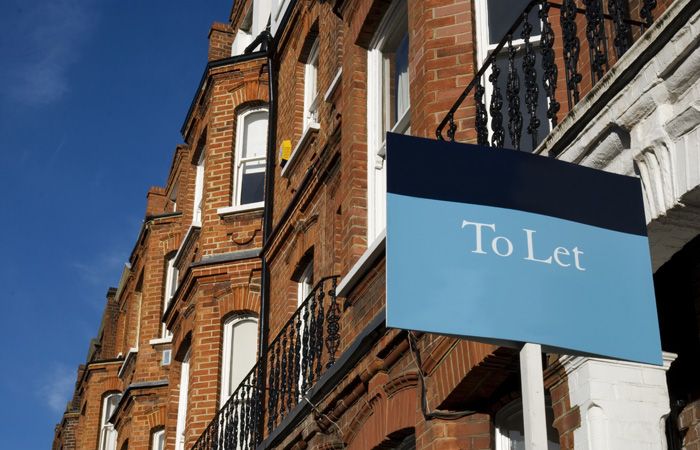
Private rents in the UK increased by 8.7% in the 12 months to May 2024, down from the record high rise of 9.2% in April, the latest data from the Office of National Statistics reveals.
These figures show that the biggest rent increases were in Northern Ireland where average rents went up by 10.3% in the 12 months to March.
Overall the average monthly rent paid in England now stands at £1,301, a 8.6% increase. In Wales the average rent is £736, a 8.5% increase while in Scotland the average rent is £957 — a 9.3% increase.
Further regional breakdowns show that in England rent increases were highest in London at 10.1% over the past 12 months. The North East had the lowest average increase at 6.1%.
Properties in Kensington and Chelsea in London had the highest average monthly rents, at £3,397. The lowest average rents were in Dumfries and Galloway in Scotland, where tenants paid an monthly average of just £480.
Paragon Bank managing director for mortgages Richard Rowntree says: “It is encouraging to see a reduction in rental inflation, which we believe will be driven by lower inflation on new lets.”
“In order for this trend to continue, something that helps to alleviate the affordability challenges faced by tenants, it is crucial that we address the imbalance between the demand and supply of rented homes.”
“To do this we need to recognise the contribution of private rented sector landlords and be proactive in creating the conditions that facilitate investment in good quality housing.”
Meanwhile, Foxtons managing director of lettings Gareth Atkins comments: “As we move into peak summer lettings season, supply is growing. Renter demand is also growing, mirroring 2023’s Q2 trends with a 20% month-on-month increase.”
“If demand follows last year’s trends through summer, Q3 will be a very busy market. The announcement of the general election at the same time has resulted in the shelving of the Renters Reform Bill.”
“This means there will be no immediate changes to fixed term tenancies or any of the other provisions within the bill. Renters Reform is likely to be reintroduced under a new government but for now, it’s business as usual.”
Propertymark chief executive officer Nathan Emerson adds: “The impact of what has been a challenging economic period continues to play chaos for many renters. Not only are personal finances stretched to the max for many people, but we have the added uncertainty of a general election and what that might ultimately mean for renters and landlords.”
“All major political parties have referenced the need for building much-needed new homes, but we need to see a precise plan and timeline as to how and when that is going to happen. Currently, demand is continuing to seriously outstrip supply, and this remains a major contributory factor to elevated rental prices across the board.”



